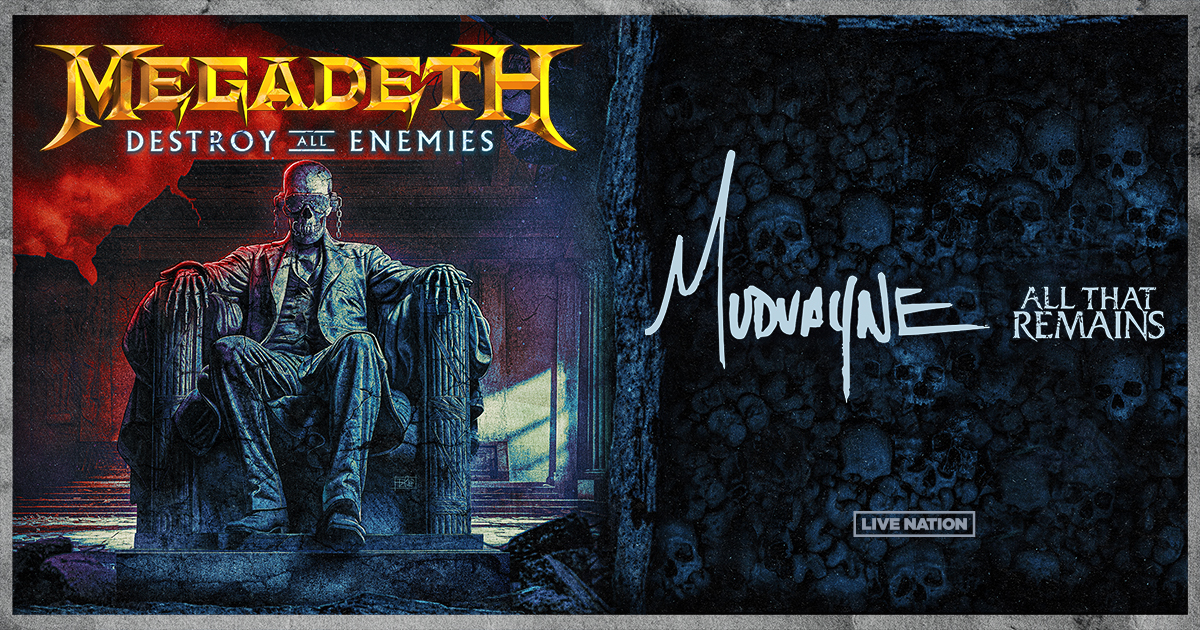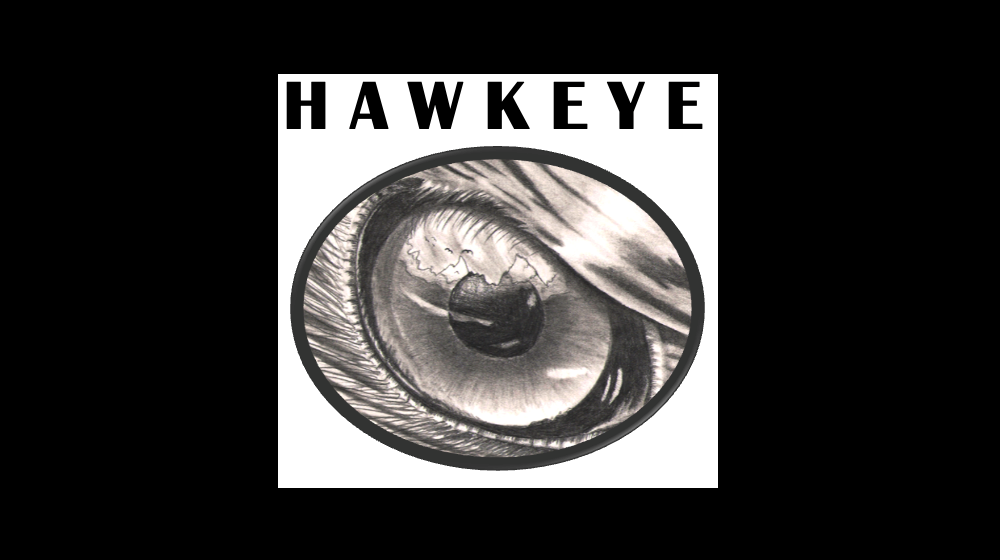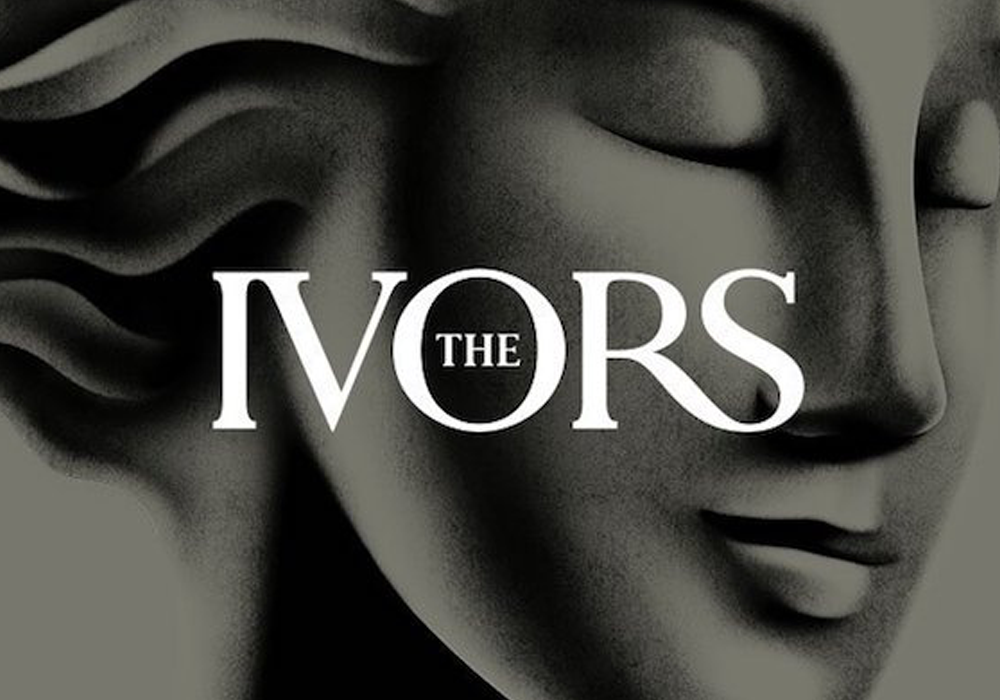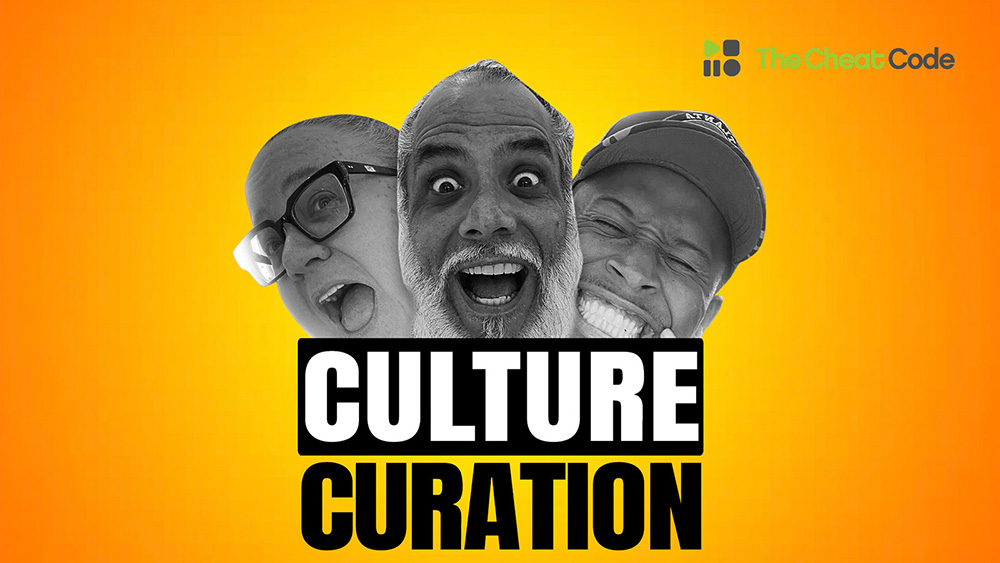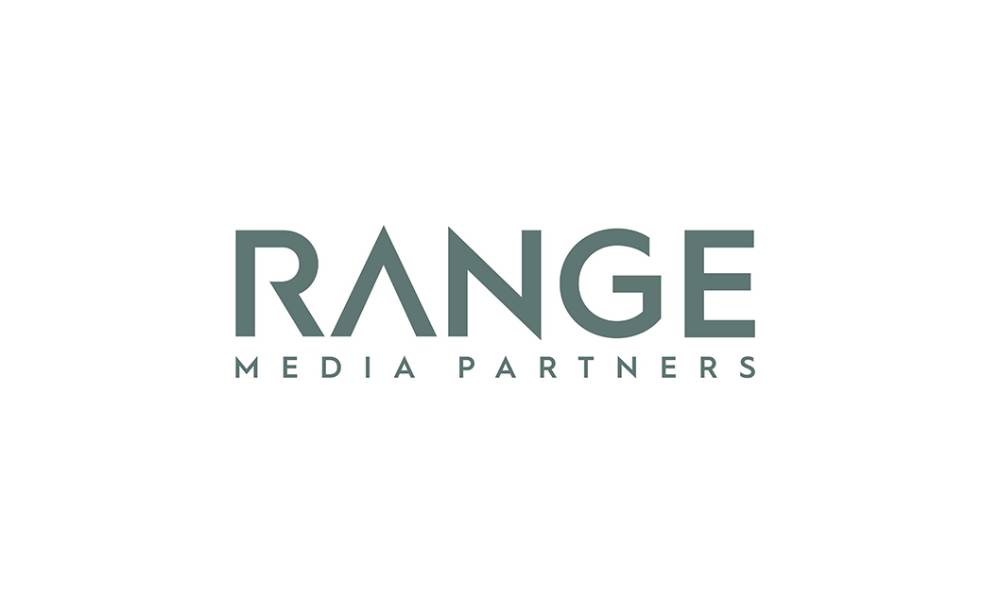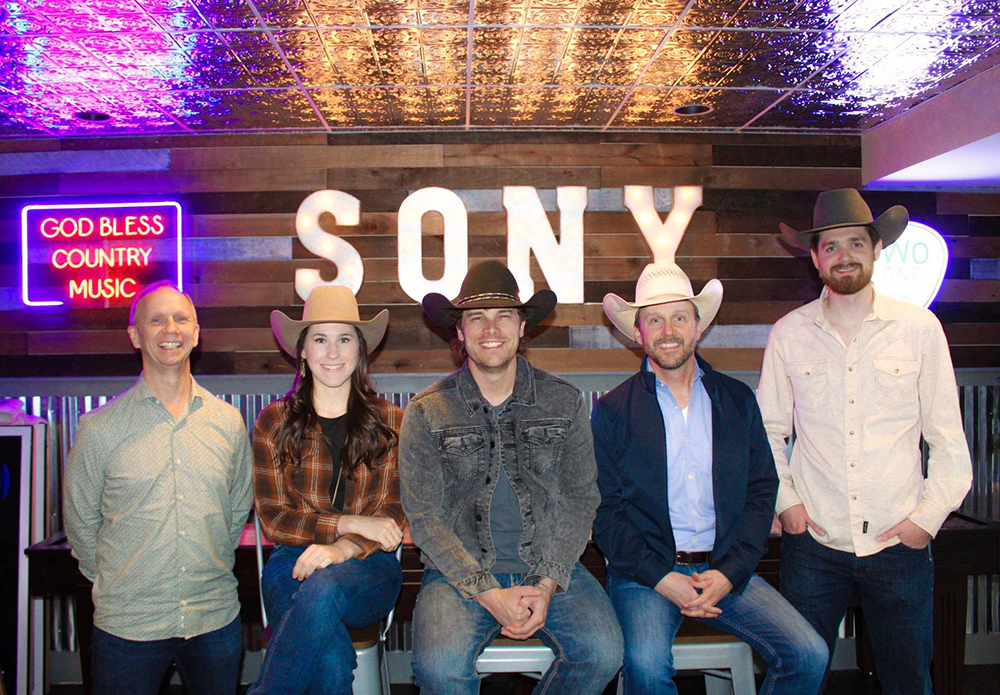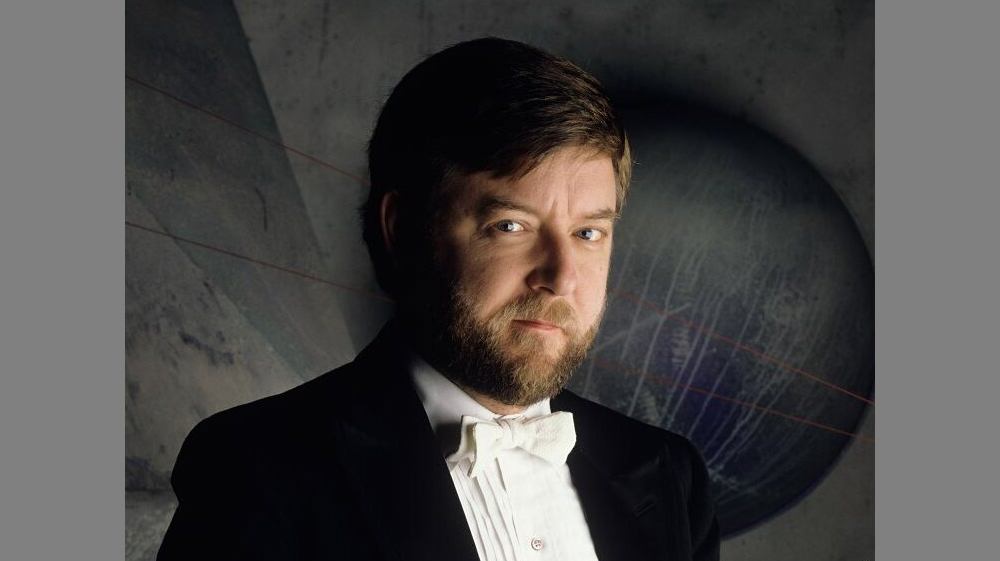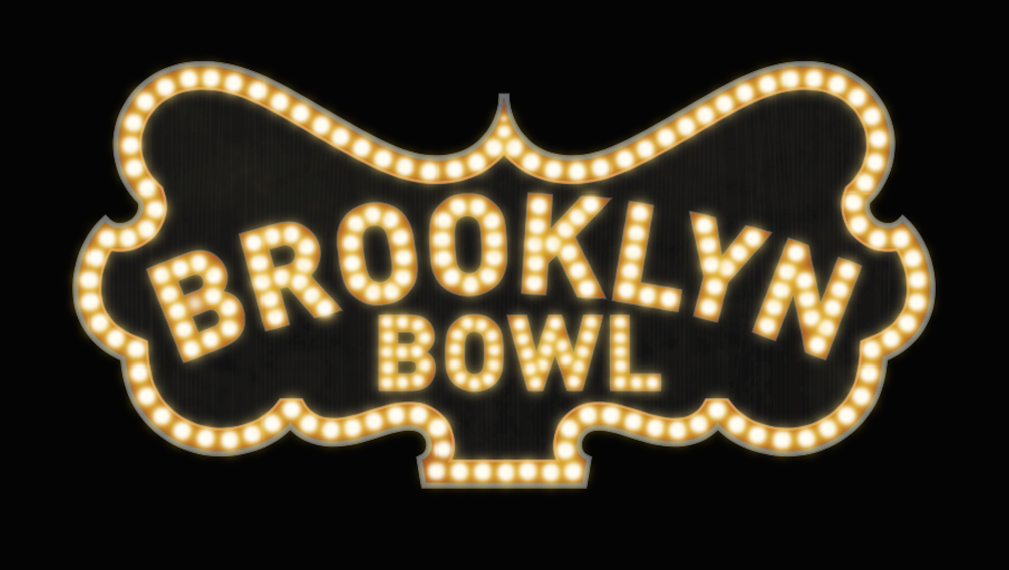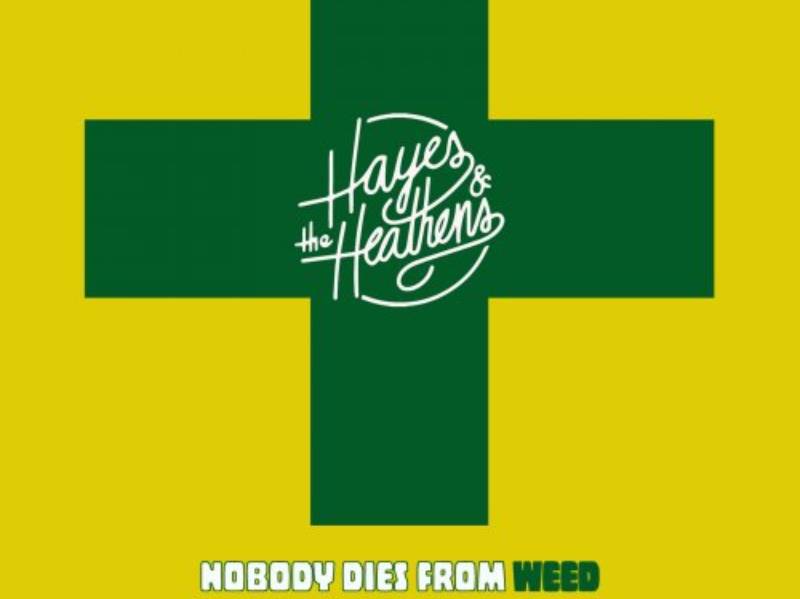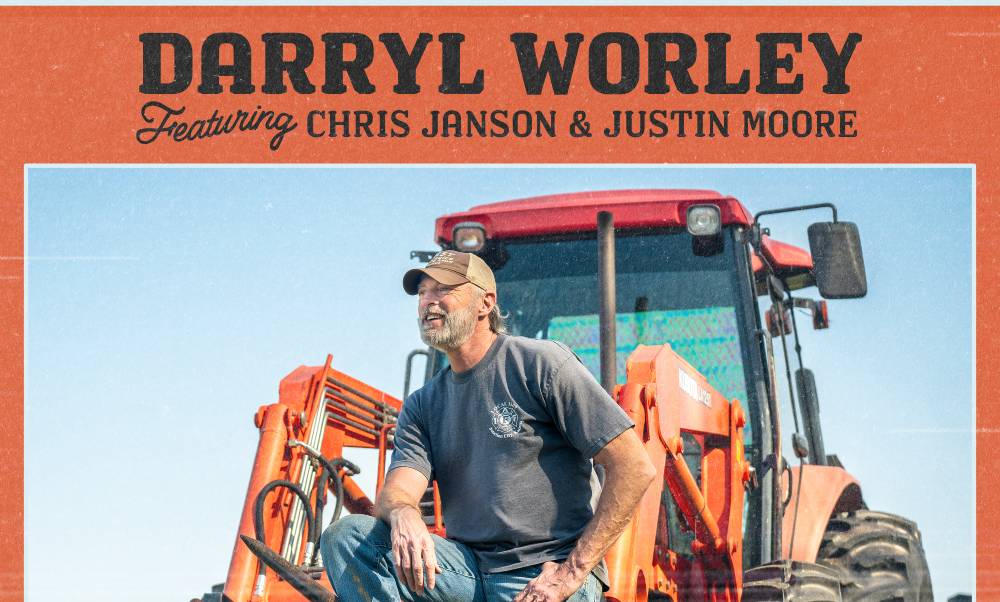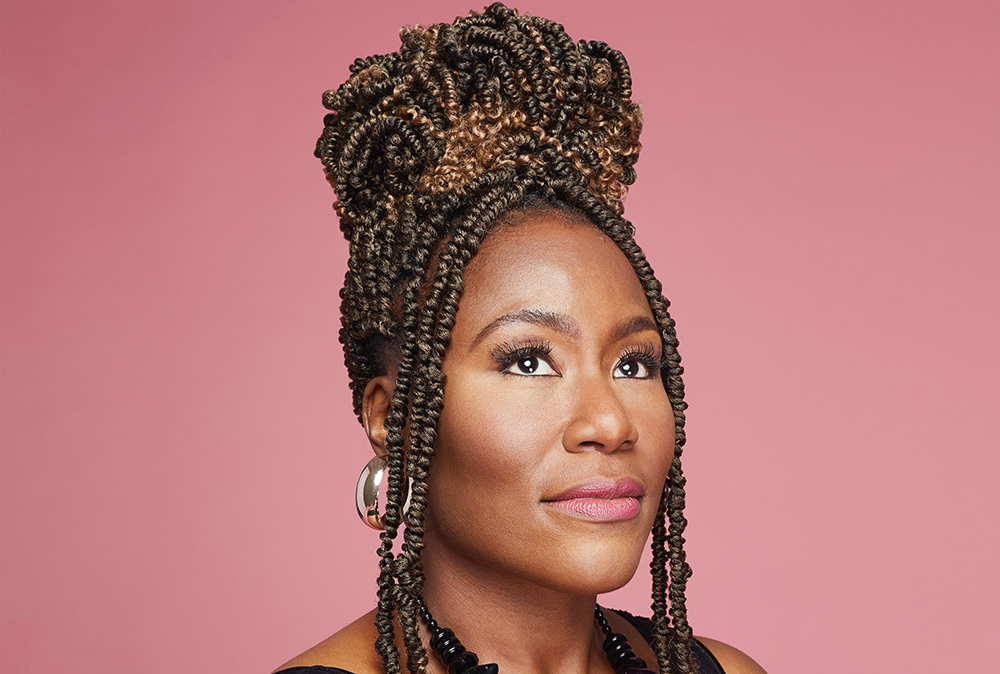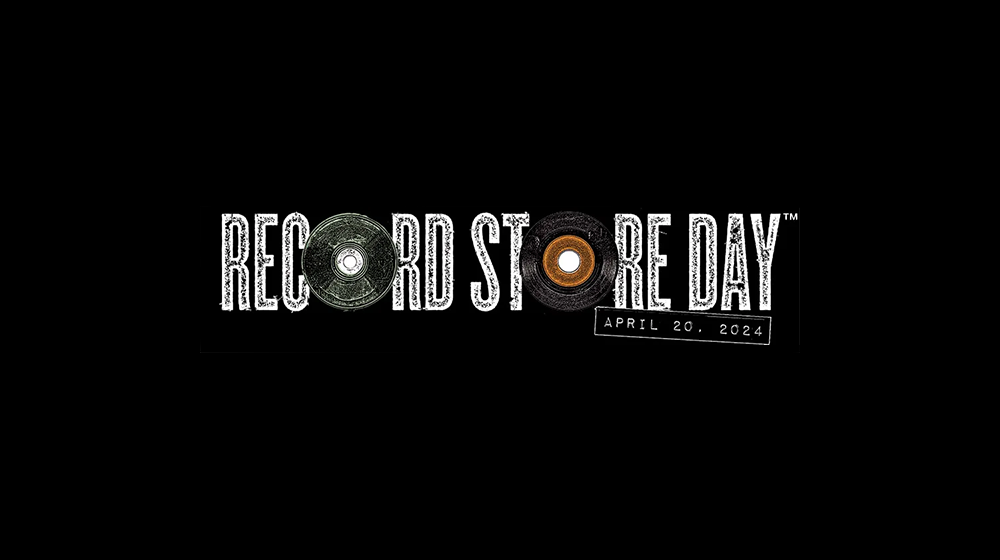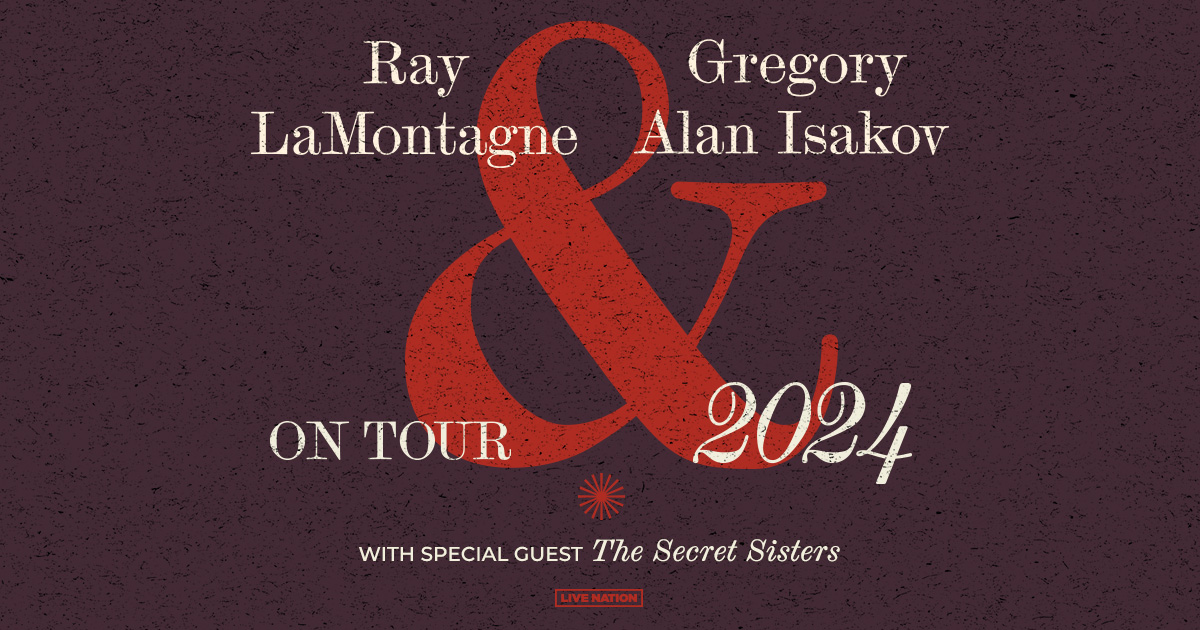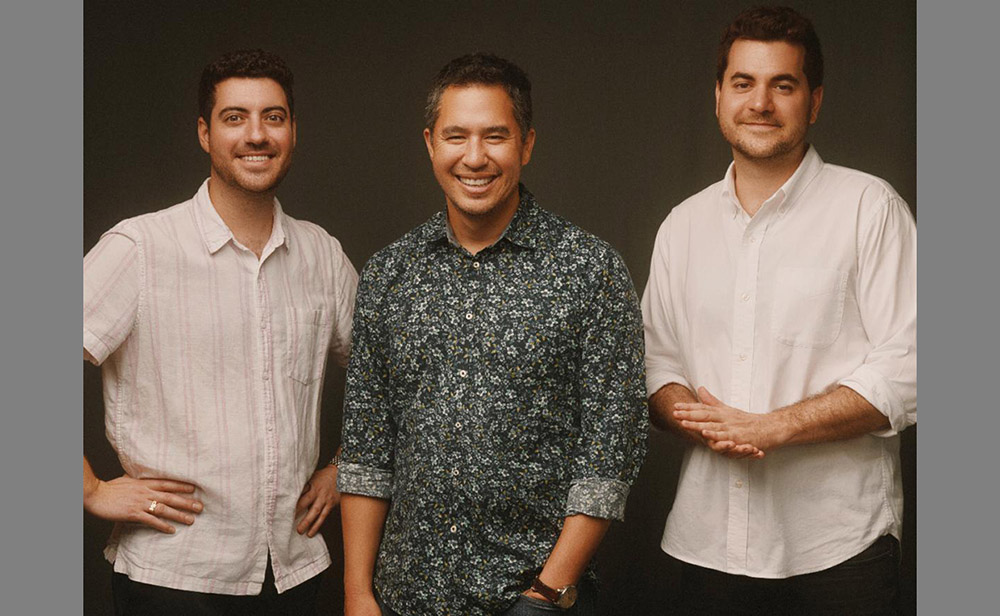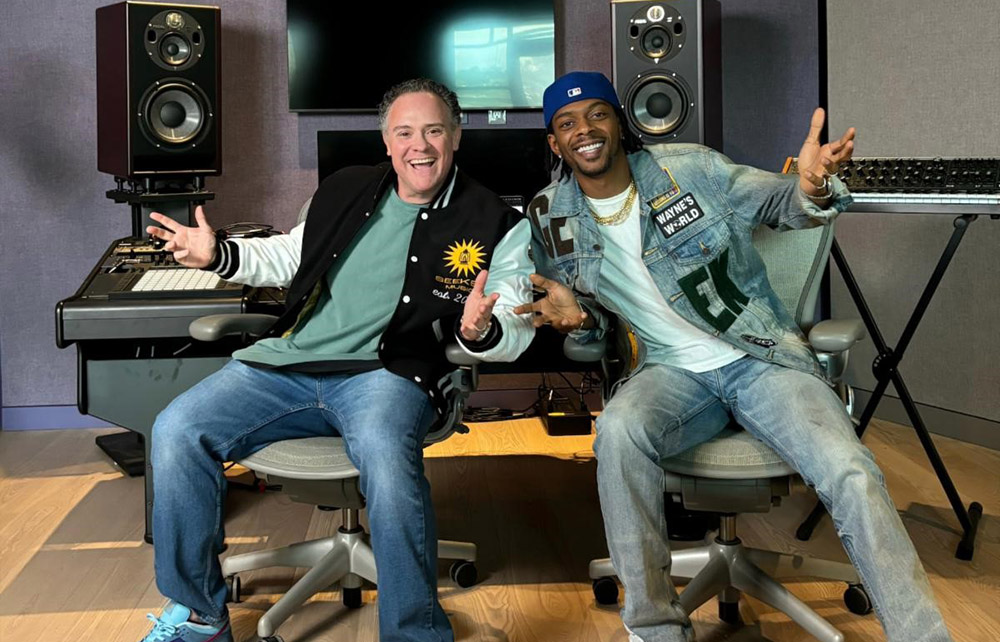
There's a fascinating story by Tad Friend on movie marketing in the January 19th issue of the
"New Yorker". It's especially poignant in light of yesterday's Oscar nominations. Why didn't
the best pictures get noms? Or, more importantly, does it matter what gets nominated, does it
matter what consensus is on any piece of art today? Can there truly be any consensus?
Struggling musicians are frustrated that they don't get a shot. That a label doesn't sign them,
that no one will give them a chance. The dirty little secret is it doesn't matter how good you
are, but whether the person putting up the money can successfully market you.
Let's say you're fifty years old and are the new Cat Stevens. Better
yet, let's say you're twenty years old and are the new Cat Stevens.
How is a company supposed to market you?
Top Forty radio is the predominant vehicle for major labels to expose
new artists. These stations don't play the music of fifty year olds.
They're not interested in it. That's not their core demographic.
They don't care how good a record might be, it's kind of like selling Depends to
teenagers…they don't see the need.
So you're angry about this. You want your chance. But where is the avenue for you to get your
chance? Top Forty reaches the most people,
it's been proven to sell the most records. Maybe you can get on NPR.
But that audience is nowhere near as active. Still, if you're left field enough, maybe you've
got a chance. In other words, if Miley Cyrus is on NPR, she's not going to see a sales spike.
Unless it's because parents are buying product for their kids. Everything is channels and
marketing today.
Let's go back to that twenty year old Cat Stevens. There can be a market for mellow music on
Hot AC, adult-oriented stations. But Cat Stevens music is not exactly what the stations are
presently looking for. So, even though you write the next "Morning Has Broken", the label is
going to want you to work with Diane Warren, to make something more format-friendly. You'll be
up in arms. Complaining
about your artistic integrity. But, chances are the label is right.
You could cut a great record by yourself, but they wouldn't know how to sell it.
Usually, you don't either, which is one reason you want a deal with the major label. You can't
figure out how to break, they must have an idea. But they're flummoxed too. The labels are not
looking for the best music, just music they can sell.
 As Mr. Friend puts it:
As Mr. Friend puts it:
"It is often said in Hollywood that no one sets out to make a bad movie, but the truth is that
people cheerfully set out to make bad movies all the time. It is more accurate to say that no
one sets out to make a movie without having a particular audience in mind."
Disney is interested in acts it can promote on the Disney Channel.
Which is watched primarily by the prepubescent set. It's more important that you be cute and
lovable than good. They know this. No one in Burbank truly believes the Jonas Brothers are the
new Beatles, but there are three of them, increasing the odds kids can identify with the act,
they're cute and they can do the job. Furthermore, this same act stiffed on Sony. Not because
the label was incompetent so much as it had no access to children's TV. In other words, it's
going to be very hard for anyone other than Disney to succeed with this paradigm. Disney has
got its cable channel, its radio station, its theme parks, its cruises, it can cross-promote
like crazy. So, if you're a kiddie act, you'd better be aligned with the Mouse. But the Mouse
can only sign so many acts. And if you're not as good-looking as Demi Lovato or as personable
as Miley Cyrus, too bad. They're not selling art, they're selling artifice.
Conversely, no one is interested in old farts singing heavy metal music. That was the flaw with
the Pat Boone record. Good train-wreck promotional value, but who is actually going to buy the
album? Who wants to see the act live?
In other words, if you want to make it in this business, you first and foremost have to figure
out who your audience is. Sure, you can play what you want, you can choose to have a day job,
you can even starve, but if you want to make money, chances are your music is just not enough,
you've got to consider your audience and how to reach it.
Sure, you're angry everybody on MTV was pretty. But that's what sells on American TV, looks.
Doesn't mean you can't sell great music by ugly people, just that you're not going to get a
chance on TV. You've got to find the anti-MTV people. Who'll listen first. And spread the
word virally. But know that word spread virally is not as fast as TV. But what is spread by
word of mouth lasts longer than what is exploited via the boob tube.
How about those overpriced arena shows by the classic acts?
 Turns out people would rather overpay for what they know than go to see an unknown band. So,
Turns out people would rather overpay for what they know than go to see an unknown band. So,
the key is not to try to convince people to come see you without knowing your music, but getting
them to know your music first. As for the live industry, since they've turned concertgoing into
an exclusive event, it's very difficult to fill seats at the show of a developing artist. So,
they book what's on TV, which fades away, or don't book anything at all and complain. Whereas
they've got to rebuild the developing live sphere. By realizing it's populated primarily by
people in their late teens and early twenties who want to socialize and get high. So, you've
got to have alcohol and a fun vibe. Create the vibe and it's less important who you book.
Point being, don't stand on the premise of being great. That's just not enough in today's
marketplace. In the sixties, you cast great films with big ideas. You were striving to create
art. Today, "Slumdog Millionaire" loses its distributor and is in danger of going straight to
video and ultimately is nominated for a Best Picture Oscar. Did the picture change? No, a
marketer decided to give it a shot.
This is a hopeful story. That quality will win out. And sometimes it does. But making films
is expensive, there are few distribution slots. Everyone can make a record. And seemingly
everyone wants his chance.
Then you've got the holier-than-thou listeners saying that their favorite must make it. Whether
it be TV On The Radio, the Hold Steady or Vampire Weekend. They deserve it, they're the best.
But best no longer matters. Maybe in year-end polls, to the degree anybody pays attention, but
in today's world people are fine living in their own
little universe. You can avoid hip-hop. You can avoid Mariah Carey.
You can avoid Metallica. It's your choice. It's no longer the sixties, with the Beatles,
Stones, Louis Armstrong and the Temptations coexisting on the AM dial. Now you've got infinite
choice. As for someone criticizing your choice… All you'll get back in return is a laugh.
 So have no illusion that marketers are looking for greatness. They're looking for an audience.
So have no illusion that marketers are looking for greatness. They're looking for an audience.
One large in size, that's easy to reach. If they can't find a slot for you, they won't sign
you. If they think you've got a tiny slot, they're not going to offer you much money and are
not going to spend much.
That's today's world.
Where it leaves the future of music is a debate for another day.
Whether quality will rise up and dominate. But don't think we're still living in the twentieth
century. There are few proven avenues where you can break acts. And few where you can make
money. It's easiest to break an act on radio. Then TV (there are fewer TV slots than there
were before MTV went long-form.). And you make the most money selling physical product. So, a
label wants an act they can get on radio and TV, and they don't care that you listen on your
iPod, they want to sell album-length CDs, that's where they make their profit. It's not a
matter of right or wrong, it's a matter of dollars and cents. If you want things to be
different, you've got to take a risk. You've got to start a record label or concert promotion
company. You've got to champion something new and find a way to sell it. Because the big boys
are just protecting their turf, doing what they know how to do in order to succeed in the short
term. Are they going to fail in the long term? DVD sales are off, theatre attendance is
dropping. Radio is a shadow of what it formerly was, CD sales are tanking. The big powers are
not squeezing you out, not preventing you from playing, they're just picking the low-hanging
fruit, before it all goes rotten, falls from the trees and disappears.
http://www.newyorker.com/reporting/2009/01/19/090119fa_fact_friend
___________________________________________
Response from Bob Ezrin:
Bob,
I usually sit on the sidelines and eat my popcorn as I enjoy the theater that is you and this
wonderful newsletter. You're better than most movies and just about any music that's out there
right now for entertainment.
And even when I think you're being a stick in the mud, you do it so artfully and passionately
that it's ok and I enjoy the performance for its own sake.
But this one has to be answered – with affection and the deepest respect of course. You start
this with the word "Quality" and then you proceed to counsel struggling musicians to contort
themselves and what they do to fit the market so that they can "make it in this business". But
here's the true bottom line: This business of exploiting art and entertainment is built from
its very inception on creativity and quality, on special things made by special people that
touch, inform, elevate, divert, soothe, numb, challenge or sometimes even drive other people
enough so that they are drawn to it and want it to be a part of their lives – either for the
moment or for a very long time. When they want it, they sometimes pay for it in one way or
another and this special stuff sometimes accrues a value beyond the ephemeral and actual makes
money for its creator and for the folks who help to support and market it. Sometimes it becomes
more valuable than gold and stars are born.
But unless it is especially touching in some way (even if it's in a juvenile or prurient way),
nobody will care and it will end up having no value at all. Which then goes to your title
"Quality". If a thing lacks quality of some sort, it will not touch anyone. It will simply be
a not so special thing in a world of not so special things. It will blend in and disappear. But
if a work or performance is of high quality and special, then it has at least a shot at becoming
valuable to someone – and the person who creates it has a shot at being appreciated and rewarded
for it. If I were talking to "struggling musicians" I would say:
First, be special. Make something of such high quality that anyone would care. And that's not
as easy as it sounds. Just because you can use a sequencer and play an instrument doesn't make
you an artist. You have to create something that is special – unique and capable of moving
others in a meaningful way. Once you are truly special, truly great at what you do, you may
have a chance at finding an audience willing to reward you for your specialness. More than
likely you will not, because special – by definition – belongs to the very few. But if you do,
then someone somewhere might recognize that and show up to help you to take your creativity out
to a wider audience.
How do you get recognized in the first place? Play to people as much as you can. They will let
you know if and when you are truly special because they will either begin to pay you to do this,
to be able to be close to you – or they will ignore you. Play: in your town; at your school; in
the next town over; on the web (but that's a whole other and longer discussion); at parties –
anywhere you can. If you have created something truly special someone will recognize this and
the ball will start rolling.
But whatever you do, DO NOT pick a market and try to create for it. You may decide to do that
later in life when you become so good at your craft that you can aim your creativity wherever
you wish, even when it doesn't please you. But you cannot start there. No one is born a hack.
Hacks are failed or jaded artists, each and every one. First you must be able to create for
yourself and find the way in which you may be special, and then you have to work on becoming
really great at that. Create from your heart and from your will. Your will is what you use to
keep you practicing and trying and trying to get better at what you do. Your heart is where the
inspiration comes from to use that ability to make something really truly special. But above
all DO NOT listen to critics, pundits or "experts" who try to bend you to what is happening now.
By the time you get there, now will be long gone.
Dedicate yourself to quality, to being the very best at what you do and then use that quality to
create or be something truly great. Then you may have a shot at "making it". But whether you
become a star or not, you will have become and will forever be someone very special. And others
will know you for that.
End of lecture.
Thanks
Bob





















